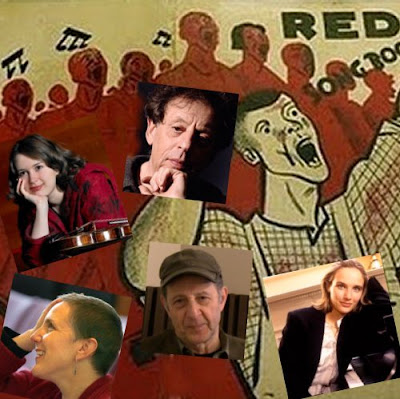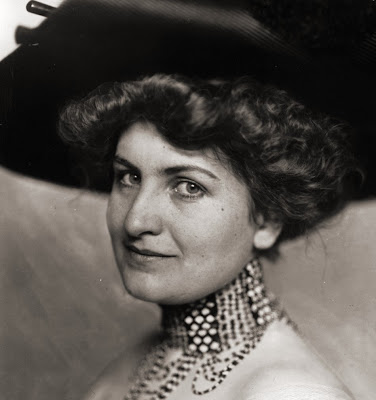A real artist cannot accept the world the way it is
Iranian film director Abbas Kiarostami has observed that "Capturing the slightest emotion of people's lives is always a political act", and the image above is from his celebrated 'Koker trilogy'. If classical music is about anything, it is about capturing emotion. Which means, by Abbas Kiarostami's definition, classical music is a political act. Yet increasingly, in deference to political correctness, music distances itself from politics. But not everywhere. This year is the centenary of the Armenian Genocide in which the proto-Turkish state systematically exterminated the civilian Armenian population of Anatolian Turkey, killing an estimated one million, and displacing hundreds of thousands more. In much of the world the centenary of the Armenian Genocide has been lamentably overlooked. However, France's second city Marseille has a large population of emigrée Armenians, and the centenary is being marked there by a year long programme of events.
During my recent stay in Marseille I attended a concert marking the Armenian Genocide by the outstanding young musicians Jean-Florent Gabriel (cello) and Marie-France Arakelian (piano) in the church of Notre Dame du Monts. Fortunately, excellent recordings of the concert capturing Jean-Florent Gabriel's visceral cello sound resonating in the 19th century church have been made available and appear below. The main works in the programme were cello sonatas by Rachmaninov and Prokofiev. But of particular interest were three works by Armenian composers. The Armenian priest, composer, and musicologist Komitas Vardapet (1869-1935) is one of the better known Armenian composers, and his lament Krunk opened the programme.
At the centre of the concert was the 'Elegy in Memory of Aram Khatchaturian' by Arno Babajanian. Armenia was part of the USSR until 1991, and, like most Armenian composers, Babajanian studied and worked in Soviet Russia. He was an outstanding pianist who was praised by Shostakovich as "a brilliant piano teacher", and in 1950 he received the Stalin Prize for his Heroic Ballade for piano with orchestra.
Closing the Marseille concert was the Nocturne by Edouard Bagdassarian. Born in Yerevan a year after Arno Babadjanian, Bagdassarian studied in Moscow and had considerable success with both his concert and film scores. His compositions are influenced by Armenian folk music, and Naxos has recorded several of them. Edouard Bagdassarian's Nocturne is performed in this untitled video:
As a fictitious Wagner tells us in Jean-Claude Carrière's libretto for Jonathan Harvey's opera Wagner Dream: "A real artist cannot accept the world the way it is. That's impossible!" Both the centenary of the Armenian Genocide and the music of the composers who lived in the shadow of the Genocide must not be forgotten in a world that now values clickbait more than history.
The concert remembering the Armenian Genocide in Eglise Notre Dame du Mont on Sept 20, 2015 was a free concert. Any copyrighted material is included as "fair use" for critical analysis only, and will be removed at the request of copyright owner(s). Also on Facebook and Twitter.









Comments